When the new tariff hike was announced by the Nigerian Electricity Regulatory Commission (NERC) on April 3rd, it was met with harsh resistance but most importantly confusion and unanswered questions.
Who would this new regulation affect? Who exactly are band A users? What happens then if the DisCos fail to deliver at least 20 hours of electricity? Fortunately, most of these questions have been answered in the days and weeks that followed.
The regulation doesn’t affect all users; only premium users. Band A users typically enjoy at least 20 hours of electricity and should logically pay more for electricity and as per the NERC, if the DisCos fail to meet up with the electricity delivery for two days, the customers are automatically downgraded from Band A.
With the bulk of the questions about the hike out of the way, the resentment towards the increase from the masses still remains. Many labour bodies including the National Union of Electricity Employees have insisted that the new tariff is outrageous and have threatened to go on strike. They threatened to “swiftly withdraw their members expected to be used by DisCos to impose the tariff hike”.
While the clapbacks against the hike are understandable, it is also important to note that electricity charges have also gone up globally. Simply put, this is not a local situation but a global trend.
- According to a 2022 US Bureau of Statistics report, Americans paid 14.3% more in 2022 than they did in 2021.
- Also, tariffs have been increasing steadily by 2.36% every year since the last 25 years in the US.
- In neighboring Benin Republic, electricity tariffs were hiked by 15% in 2020.
- Ghana in Q2 of 2023 increased its tariffs by 18.6% right after it was hiked by almost 30% in Q1 of the same year.
- In Bangladesh, electricity costs saw an 8.5% average rise in February 2024.
Energy costs are on the rise and these increased costs of conventional electricity generation and distribution are being passed down to the consumers.
Make no mistake about it though, the financial implications of the hike are huge. Picture a business owner that spends N50,000 on electricity before the hike; they would spend N124,000. An additional recurrent cost of N74,000. This implies more pressure on businesses as they struggle to make do with the already slim profit margins.
To make matters worse, extra costs cannot be blindly passed down to customers. Doing so might lead to a shock in the final prices and loss of clients to competitors. The business owner must therefore find a way to cut back consumption and by extension reduce their energy bill.
Here are four practical steps to begin to cut down on energy consumption
1. Switch to energy-saving options
In 2015, a group of researchers at the University of Technology Malaysia conducted research on the efficacy of energy-saving appliances. Classrooms were used for the research and by using energy-saving bulbs lighting energy consumption fell from 4.608 kW-hr per week to 3.024 kW-hr.
This is a 34.3% reduction in energy consumption. Energy experts at the US Department of Energy, also claim that energy costs can go down between 5 – 30% when consumers adopt energy-saving appliances. So why are you not using energy savers?
Start by changing your lighting system to energy savers and subsequently adopt the same for your air conditioners, refrigerators, electric cookers, and others, and see your consumption rate drop.
2. Hybrid Power Systems
Depending on your energy demands, switching to alternative power solutions like solar and biomass may prove to be too expensive. For instance, solar electric systems that would power multiple refrigerators and air-conditioners would probably cost an arm and a leg. However, you can have a mix in there. For example, if you own a restaurant, you can use cheap solar solutions for light appliances like television sets, fans, and lighting while you rely on the power grid for your air-conditioners and refrigerators.
Let’s assume your consumption per week adds up to 100 kW-hr. The air-conditioners and refrigerators take up 70kW-hr while, fans, TVs and lighting take up the remainder every week. If you can power these with alternative energy you save yourself 30kW-hr every week which amounts to 1560kW-hr per year. At the current electricity tariff rates, this is N397,800 saved in electricity costs every year. Consider hybrid energy solutions.
3. Switch off unused appliances
Appliances consume electricity only when they are on. For example, most television sets are rated 150W or 0.15kW. If this set is on for 30 hours, it would have consumed 4.6kW-hr or at current tariff N1147.5. What if that same appliance was on for just 10 hours? Consumption would reduce to 1.5kW-hr. It is then counterintuitive to leave appliances that are not in use on. They only consume more energy and nothing more.
When you are asleep or leaving the house, switch off the lights, TVs, and air-conditioners. When the beverages and perishables in the refrigerator are properly frozen, switch off the refrigerator.
4. Use power efficiently
Most appliances would consume more energy when starting than when on standby. For example, a blender rated at 200W may require more than that power to start. This is because of the initial resistance or inertia of appliances at rest. Therefore, there is a power usage surge for appliances attempting to start. This is why it is recommended that you schedule the use of appliances to ensure they are used efficiently.
Here’s a good scenario. Say you have to use the oven to bake 20 cupcakes in one day, it is more energy-efficient to bake all 20 at once than bake 10 in the morning and the remainder in the evening. The oven consumes less energy as it is already heated and more when it attempts to heat up.

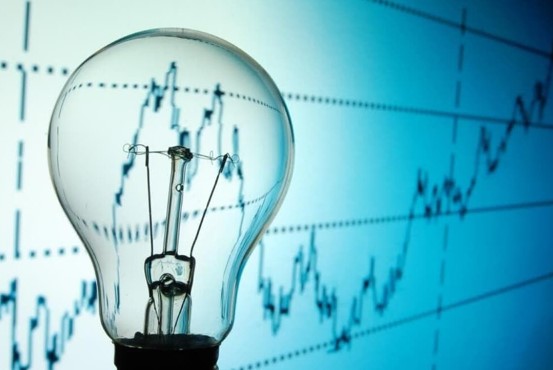






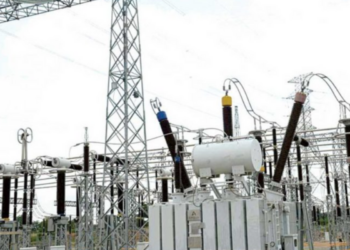
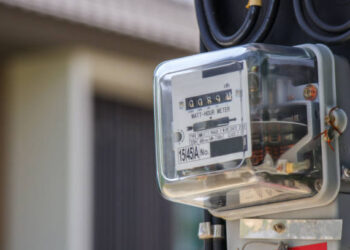
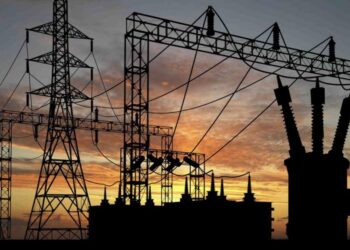


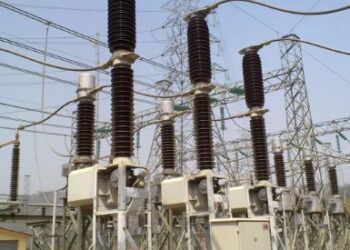


.gif)






